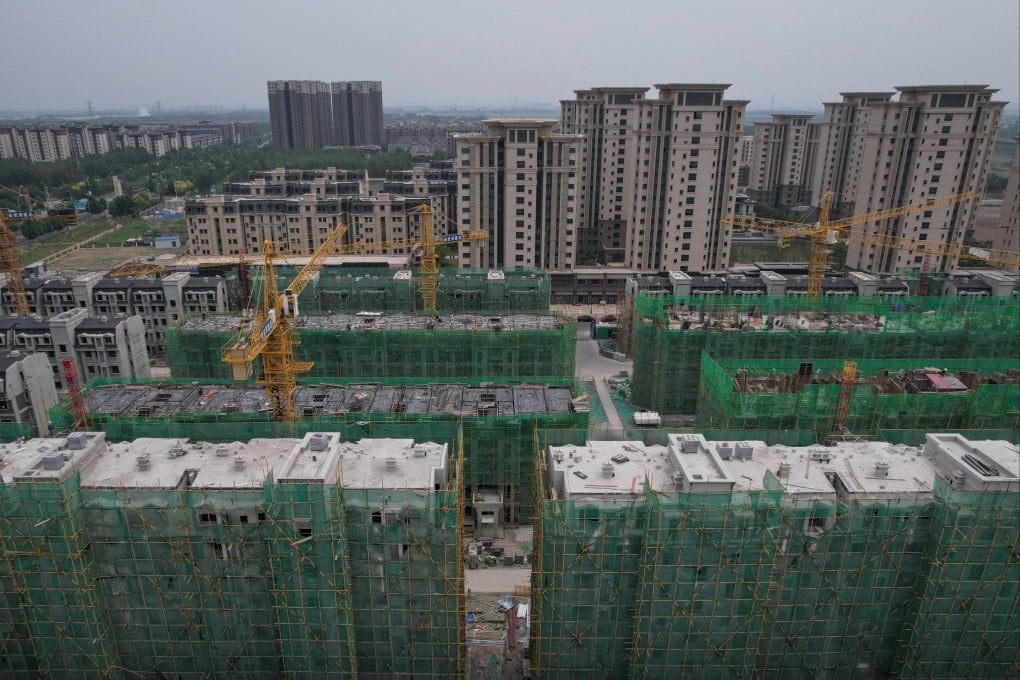Advertisement
China’s property crisis raises questions of overseas spillover after US Congress hearing
- As claims of a broader crisis arising from China’s property market slowdown have grown more frequent, analysts have weighed in on the likelihood of a spillover
Reading Time:3 minutes
Why you can trust SCMP
7

A bond default or prolonged financial stress on local governments weakened by China’s property market slowdown would have a downstream effect on resident foreign companies, according to projections – and in a worst-case scenario, spread across borders to other financial markets.
But neither is particularly likely, observers said, because the problem is festering largely inside China’s borders and the central government is testing a range of solutions.
Questions over a potential overseas spillover from China’s years-long property crisis became more pointed after a US House of Representatives committee meeting this week, where Congresswoman Katie Porter likened the situation to the global financial crisis of 2007 and 2008.
The collapse of highly leveraged debt-backed financial instruments, particularly those in the US which packaged subprime mortgages and other risky assets, sparked that economic conflagration.
In China, meanwhile, rules passed to stem housing speculation and overcapitalisation on the part of developers have sparked defaults and thrown property values into disarray. Widespread delinquency could trigger a liquidity crisis known as a “grey rhino” – big and obvious, but neglected until it is too late to stop.
As local governments in some areas of China – often the far northeast and parts of the southwest – are collecting less revenue from land sales due to the property slump, they will have less money for investment in large infrastructure projects. This will, in turn, cramp jobs, consumption and retail further, analysts said.
Advertisement